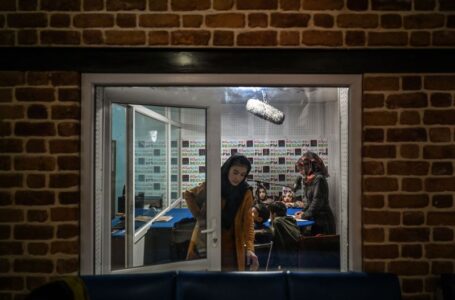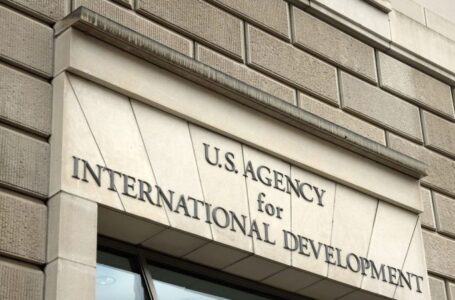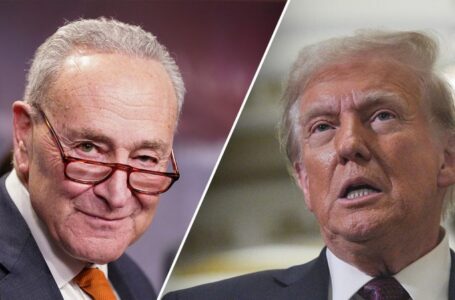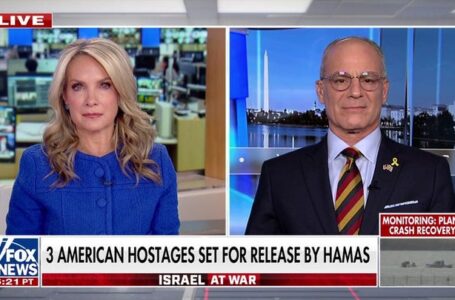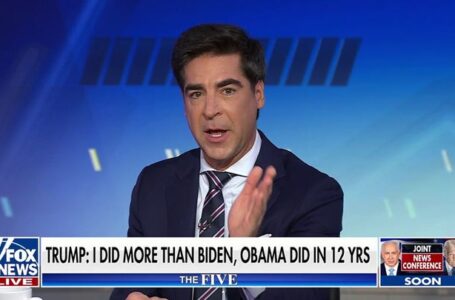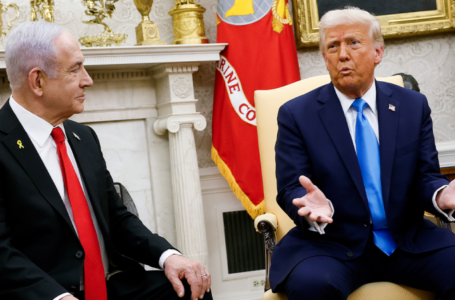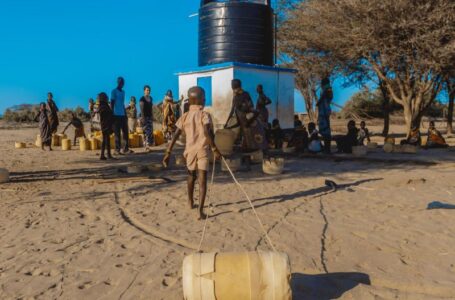Taliban raids and suspends Afghanistan’s only women’s radio station
South Korea and US begin large annual military drills with eye on North Korea
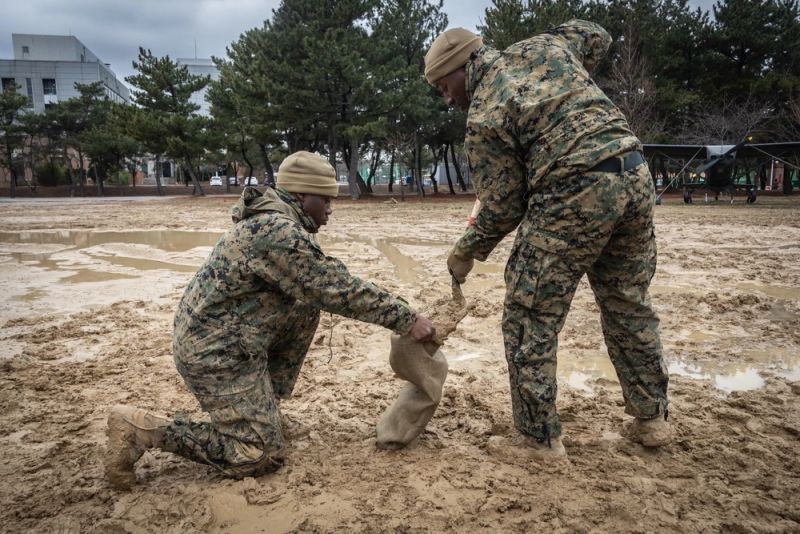

South Korea and the United States began their annual Freedom Shield joint military drills on Monday to bolster readiness against North Korea.
The 11-day drills will integrate elements of “live exercises” with constructive simulations, according to United States Forces Korea (USFK) and South Korea’s Defense Ministry.
The exercises will focus on deterring North Korea’s nuclear threats, Seoul’s Joint Chiefs of Staff spokesperson Lee Sung-jun said last week.
USFK said in a statement that the drills “will include but not be limited to lessons learned from current and ongoing conflicts to increase the units’ combat readiness and combined defense posture, as well as strengthen the security and stability on the Korean Peninsula and across Northeast Asia.”
In addition to Freedom Shield, the two allies are conducting several smaller field training exercises to enhance their defense posture and cooperation “through air, land, sea, space, cyber and special operations,” the USFK said in its statement.
North Korea has previously condemned US and South Korea joint military drills, but it has not yet made any official comment or response to the current exercises.
North Korean leader Kim Jong Un has drawn an increasingly harder line against South Korea in recent months, saying the North will no longer seek reconciliation and reunification with the South and instructing the country’s army, munitions industry, nuclear weapons and civil defense sectors to accelerate war preparations in response to “confrontation moves” by the US.
In January, Kim called the South the North’s “primary foe and invariable principal enemy” and ordered a reunification monument in the North Korean capital to be demolished.
Meanwhile, North Korea has fostered closer ties with Russia, providing Moscow with arms for its war in Ukraine. In return, Western analysts say Russia could be a source of technology and expertise for Kim as he refines a nuclear-capable missile program that could threaten not only his neighbors in East Asia, but possibly the mainland United States with intercontinental ballistic missiles.

